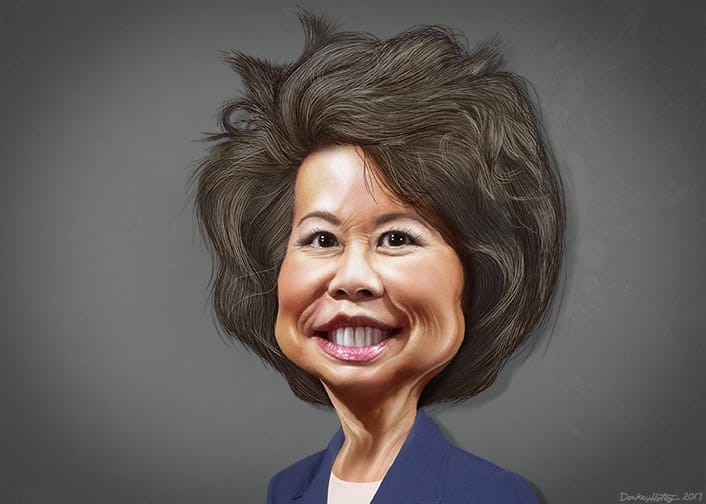During ‘Infrastructure Week’ at the White House, One Wonders: Where’s the Infrastructure?
WASHINGTON, June 6, 2017 — Despite giving this week the title of “Infrastructure Week” at the White House, President Donald Trump and his staff haven’t taken any public actions to make digital infrastructure, such as high-speed broadband, a part of their plans for the much-discussed infrastructure b










Member discussion